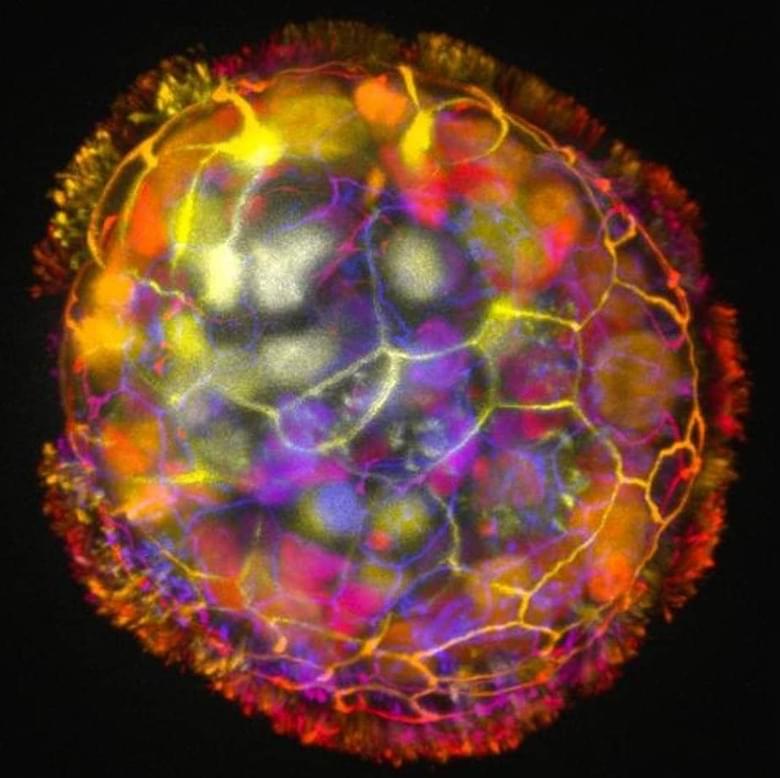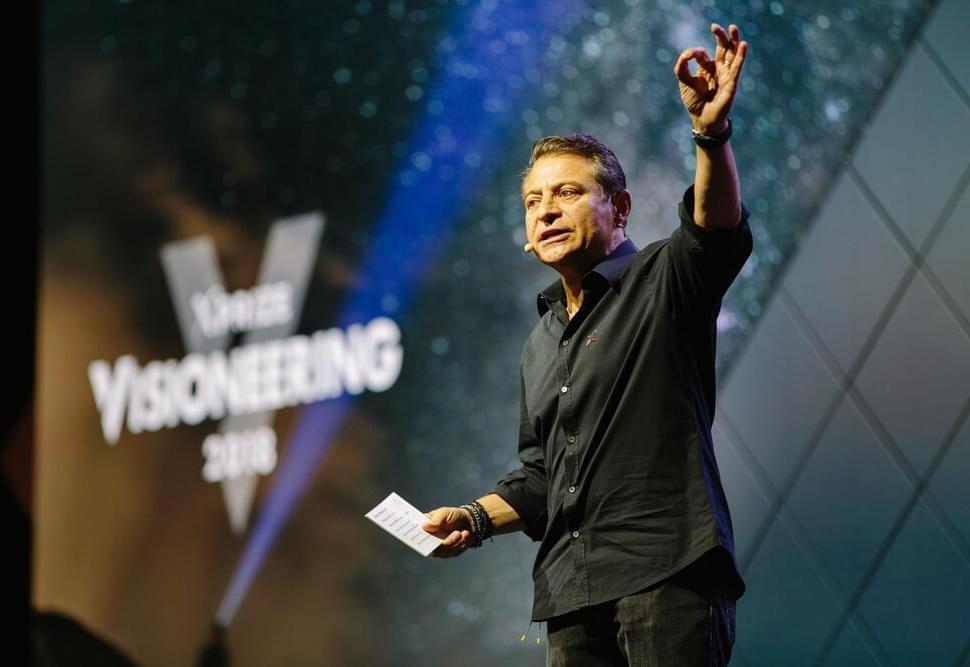Any team that can restore at least a decade’s worth of muscle, brain, and immune function in older adults will claim the top prize.
Money can’t buy happiness, but X Prize founder Peter Diamandis hopes it might be able to buy better health.


Summary: Researchers developed ‘Anthrobots,’ microscopic biological robots made from human tracheal cells, demonstrating potential in healing and regenerative medicine.
These self-assembling multicellular robots, ranging from hair-width to pencil-point size, show remarkable healing effects, particularly in neuron growth across damaged areas in lab conditions.
Building on earlier Xenobot research, this study reveals that Anthrobots can be created from adult human cells without genetic modification, offering a new approach to patient-specific therapeutic tools.

XPRIZE has launched the largest prize in history–XPRIZE Healthspan, a competition that will revolutionize the way we approach human aging. In case you missed it, watch our launch event here.

Science: Research suggest that dinosaurs 🦕 🦖 may have influenced how humans age today.
Human aging may have been influenced by millions of years of dinosaur domination according to a new theory from a leading aging expert. The ‘longevity bottleneck’ hypothesis has been proposed by Professor Joao Pedro de Magalhaes from the University of Birmingham in a new study published in BioEssays. The hypothesis connects the role that dinosaurs played over 100 million years with the aging process in mammals.
While some reptiles and amphibians show no significant signs of aging, all mammals—including humans—show a marked aging process.
Professor de Magalhaes’ hypothesis suggests that during the Mesozoic Era, mammals faced persistent pressure for rapid reproduction during the reign of dinosaurs, which over 100 million years led to the loss or inactivation of genes associated with long life, such as processes associated with tissue regeneration and DNA repair.

Join us on Patreon! https://www.patreon.com/MichaelLustgartenPhD
Discount Links:
At-Home Metabolomics: https://www.iollo.com?ref=michael-lustgarten.
Use Code: CONQUERAGING At Checkout.
Epigenetic, Telomere Testing: https://trudiagnostic.com/?irclickid=U-s3Ii2r7xyIU-LSYLyQdQ6…M0&irgwc=1
Use Code: CONQUERAGING
NAD+ Quantification: https://www.jinfiniti.com/product/intracellular-nad-test/
Use Code: ConquerAging At Checkout.
Oral Microbiome: https://www.bristlehealth.com/?ref=michaellustgarten.
Enter Code: ConquerAging.
At-Home Blood Testing (SiPhox Health): https://getquantify.io/mlustgarten.
High-intensity interval training (HIIT) has become very popular; alternating short periods of intense anaerobic exercise with recovery periods, it is designed to help to decrease body fat, increase strength and endurance, and improve healthspan in protocols that last approximately half an hour.
But these days, even finding half an hour can be tricky – enter CAROL Bike, an exercise bike designed around Reduced Exertion HIIT (REHIT) and AI-personalization, meaning an effective workout can be delivered in just 5 minutes.
Longevity. Technology: Developed in collaboration with leading exercise researchers, CAROL Bike not only improves fitness, but increases VO₂, reduces blood pressure and decreases the risk of diabetes. Given CAROL Bike’s foundation being scientific studies, rather than just ‘feel the burn’ or ‘if it hurts, it must be working’, we were intrigued. We sat down with CAROL Bike’s cofounder and CEO Ulrich Dempfle, who leveraged his background in mechanical engineering to develop the world’s only Reduced Exertion HIIT (REHIT) bike.

